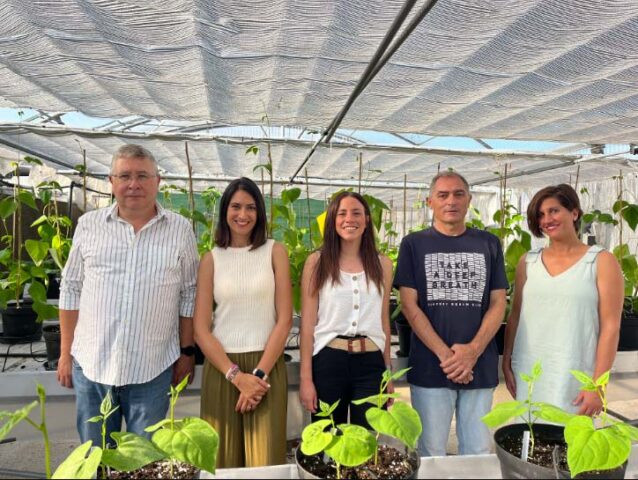The Plant Genetics team of the Regional Service for Agri-Food Research and Development, Serida, is participating in the European Legume Generation project, which aims to promote the genetic improvement of legumes. The aim is to obtain new, more productive varieties, with resistance to pests and diseases, and adapted to the multiple challenges caused by climate change. The Asturian team will work with two species: the common bean (faba bean) and the pea.

The project is funded with seven million euros by the European Union’s Horizon programme and will last four and a half years. A research consortium led by Dr Lars-Gernot Otto, from the IPK in Germany, and involving 32 teams from 18 countries, will carry out the work, which will focus on six important legumes for food and feed, including soya beans, faba beans, peas, lentils, lupin and clover.
The researcher Juan José Ferreira, head of the Serida Plant Genetics team, said that this participation is «good news that consolidates the team at an international level». Ferreira explained that this is the fourth European-level project in which the organisation has participated since 2017 and stressed that «it favours the retention of scientific talent through the recruitment of a researcher, while at the same time allowing the research and development of two species of interest for the regional agri-food system to be promoted: faba beans and arbeyos».
The Serida, a research centre that depends on the Regional Ministry of Science, will play an important role in Legume Generation, as it will be in charge of two of the eleven tasks into which the project is divided. On the one hand, it will lead the training tasks within the consortium, which will allow the incorporation of innovative tools to accelerate genetic improvement, such as high-yield characterisation, omics methodologies, artificial intelligence (AI) support in data management, as well as an update in European regulations on the protection of varieties and genetic resources.
For example, the use of AI is foreseen to assist in the decision-making process based on genes, genotypes, morphological and agronomic characteristics. On the other hand, it will co-lead the work on common bean, in which it has extensive experience.
In addition, the Serida team will also contribute to tasks related to pea. These include the characterisation of a wide European diversity that includes local Asturian varieties, so that the project will serve to promote the recovery and development of this traditional crop in the Asturian market garden.
Ferreira explains that «pulses are destined to play an important role in food security in the short term, especially in the context of climate change. They are species with a low water footprint, capable of fixing atmospheric nitrogen and improving soils. Their seeds are easy to store and nutritionally interesting because of their high protein content,» he said.
In addition, both peas and faba beans represent a «resource for diversification of activity in rural areas». «This project, like all the others we develop, also aims to support local production. We are looking for tools and solutions, such as the best varieties for sustainable production, to meet the food and environmental challenges we face with climate change,» concluded the researcher.

